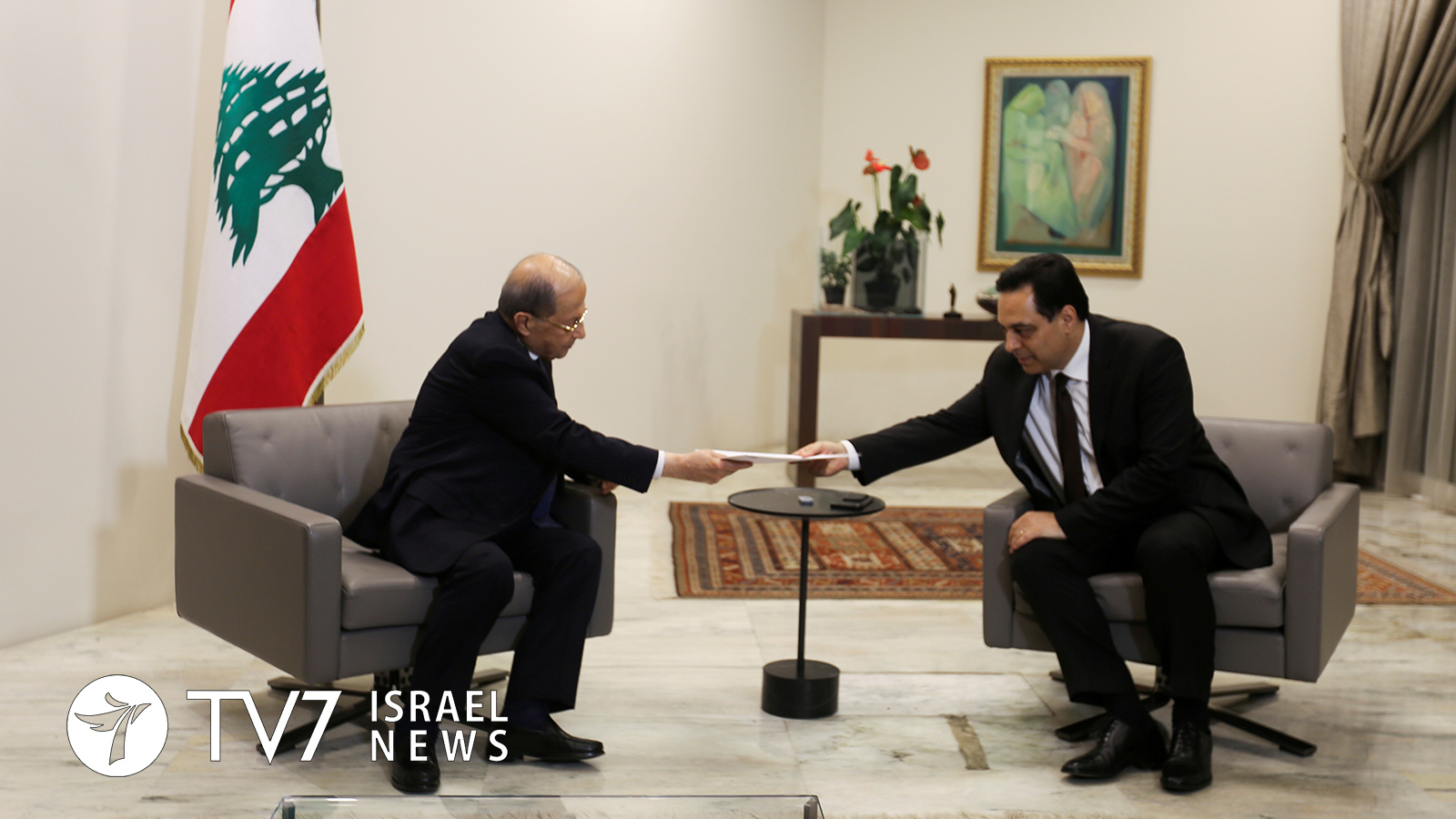Lebanese Prime Minister Hassan Diab announced the resignation of his government after the devastating explosion in the Port of Beirut sparked a public uproar against the country’s seemingly corrupt leadership.
“Today we follow the will of the people to hold accountable those responsible for this disaster that has been in hiding for 7 years, and their desire for real change, from the corrupt destructive state, state of brokerages and theft, to a state of law and justice and transparency, to a country that respects its people,” said the outgoing Lebanese head of state, adding, “In the face of this reality, we take a step back to stand with the people to undergo this battle of change with them, we want to open the door towards national salvation that the Lebanese people are taking part in and thus, I am announcing today, the resignation of this government. May God protect Lebanon.”
Diab further noted that in his perspective, “there is no way out” of what he referred to be “a structural crisis” without an early parliamentary election, “in order to produce a new political class and a new parliament.”
While President Michel Aoun accepted the government’s decision to step down, he requested the Hezbollah-backed cabinet remain in a caretaker capacity until it the formation of its successor.
Hezbollah party member and Health Minister Hamad Hassan insisted that the cabinet resignation serves as “a sign of taking responsibility, not running away from it.”
Lebanese authorities continue an internal investigation after President Michel Aoun blatantly rejected international offers to help determine the cause of the disastrous explosion – the aftermath of which is seemingly ratcheting-up domestic tensions.
Lebanon’s Kataeb Party, a group vehemently opposed to Hezbollah’s grip of the country, announced its decision to take action. “We have decided to move towards confrontation, along with all honest Lebanese, because we won’t accept what happened – and want this to be a turning point in Lebanon’s history, for the people of Lebanon to have their rights,” proclaimed leader of the Christian faction, Samy Gemayel.
During a eulogy at the funeral of senior Kataeb Party member Nazar “Nazo” Najarian who was killed in the blast, Gemayel criticized President Michel Aoun for having said that the incident could ultimately serve as an opportunity for Lebanon. “No dear president, this is not an opportunity for Lebanon, this is a disaster, the martyrdom of Alexandra (a child who died in the Beirut blast whose photos were widely circulated on social media), Nazo – this is not an opportunity, but a disaster,” he said.
While the dust has yet to settle on Beirut, numerous countries are seeking to assist Lebanon. Turkish Vice President Fuat Oktay made a one day visit to the capital city to offer Ankara’s help to rebuild the severely damaged port and surrounding buildings. He also announced that his own nation’s Mersin Port “will be at Lebanon’s service with its customs clearance and warehousing services for large commercial operations until the Beirut port is reconstructed. We have said the goods could be transported with smaller ships and other means of transportation from Mersin to Lebanon.”
A donor conference held on behalf of Lebanon by French President Emanuel Macron was attended by his American and Lebanese counterparts, Donald Trump and Michel Aoun, respectively.
Macron stated that “President Trump is mobilized, more than 15 heads of state and government, numerous ministers when the leaders aren’t there. Turkey and Russia were contacted – Turkey wasn’t able to join the conference but will give aid – I am sure that Russia will do the same thing.”
The French leader also underscored that, “Israel has expressed a desire to provide aid, I’m telling everyone here, though the geopolitical conditions make things more difficult. But we need to sort them because I think it’s a conference of unity that we need to organize today. Despite the differing points of view, everyone needs to come together in support of Lebanon and its people.”
He went on to assert, however, that alongside humanitarian assistance – significant foreign investment will only be attainable if Lebanese authorities enact major programs to root out the state’s deep-embedded corruption.
“The explosion of August 4th was like a thunderbolt. It’s time to wake up and take action. The Lebanese authorities now have to put in place the political and economic reforms which are being called for by the Lebanese people which is the only thing which will allow the international community to act efficiently side-by-side with Lebanon in its reconstruction.”
